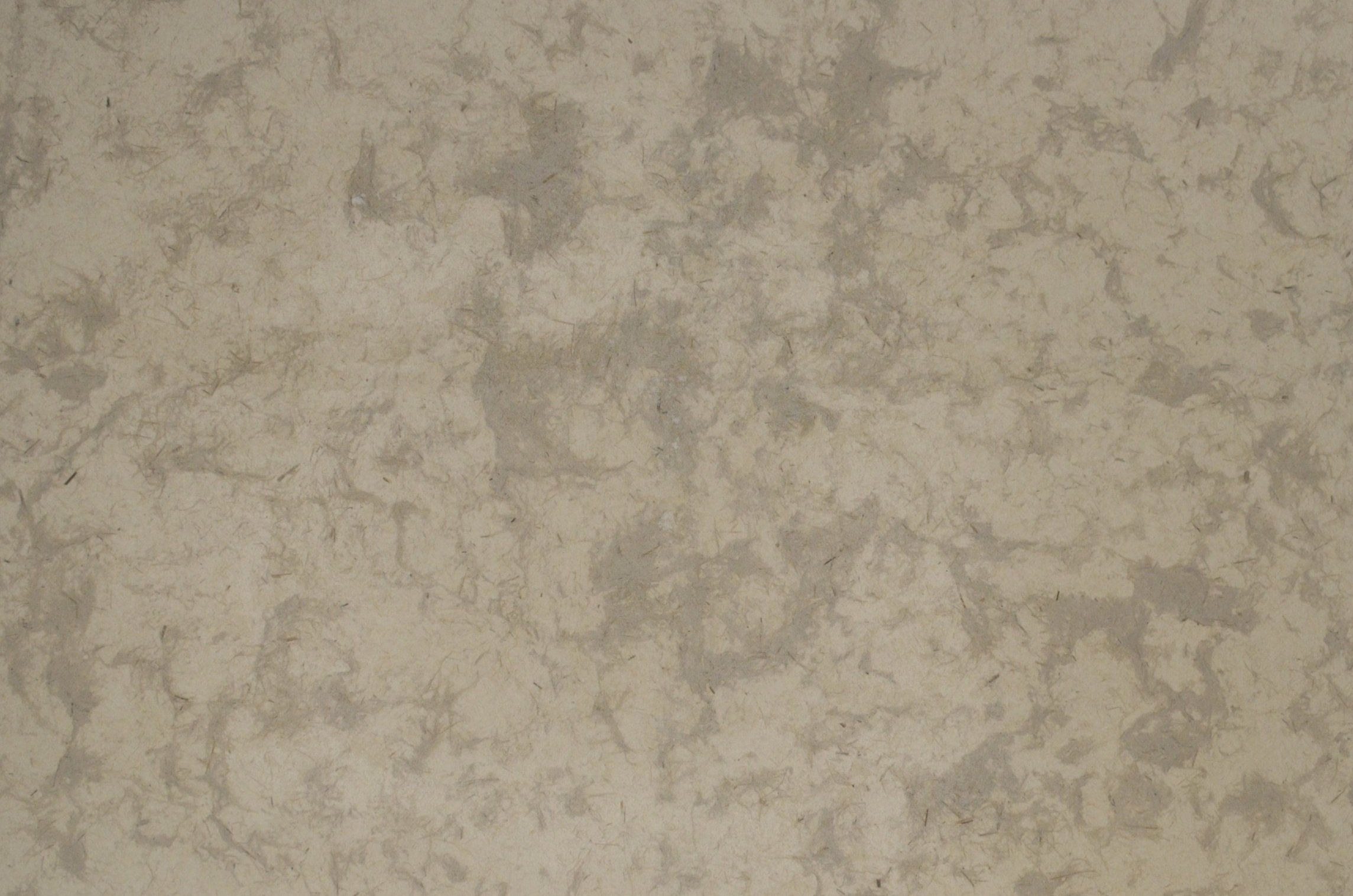
Let’s move beyond
the dominant paradigm
of ‘sustainability’

After years as a circular economy expert, I know one thing—
sustainability isn’t the answer.
The word “sustainability” itself doesn't even reflect what we really desire for life on our planet. To “sustain” invokes maintaining the status quo, keeping as-is. In practice, efforts in sustainability usually focus a lot on eliminating the bad (stop pollution, stop modern slavery, stop carbon emissions).
However, neither sustaining—nor simply getting rid of what we don’t want—is particularly life affirming. Are you deeply inspired in your heart seeing a field of windmills and solar power? I’m frankly not, even though with my experience in sustainability I can see the benefits to them.
As I inquired deeper, I came to find that we need to do more than just get away from the things we don’t want; we collectively need to be working towards a detailed view of what our lives could truly be: inspiring visions for all life on Earth, rooted in principles and approaches that actually affect positive change. Over time, I discovered that those principles—the principles of thriving living systems—come to us from nature and that a branch of science called complexity theory supports this.
Nature (as well as the global economy and society) is an example of a complex system. Complex systems have a few characteristics including emergence.
For example, the movements of the flight of starlings (called a mumuration) doesn’t come from the birds assigning a leader to direct the group’s movements, or the group deciding on a plan of how they’ll fly beforehand. Scientists have found in simulations that from simple rules—e.g. aligning your direction to those of the birds nearest to you, keeping a ‘just right’ distance between you and the birds nearest to you, and avoiding collisions with nearby birds—flocking just emerges, and they suspect this is what the birds are doing, too.
Another characteristic a system can have is sensitive dependence on initial conditions, where small changes in initial choices can have an out-sized effect on the outcome.
However, our approaches to making things better in the world in sustainability are often reflective of a control-based, reductionist, mechanical view of the world, where we can simply push an object twice as hard and it goes twice as far, and where scaling and standardizing our efforts is the goal. While this view is helpful for us to build airplanes that safely fly, it’s a worldview that fails us when applied to larger complex systems (the exact systems we want to effect).
This is why Margaret Mead’s observation:
“Never doubt that a small group of thoughtful, committed, citizens can change the world. Indeed, it is the only thing that ever has.”
can, in fact, be true.
When we move away from the control-based, reductionist, mechanical view of the world and into nature’s actual landscape of complex systems, most of our current sustainability strategies fail:
Local communities matter, and their approaches may look different from each other.
Too much efficiency is a bad thing, because it creates fragility and reduces diversity, which is needed to keep a system functioning well.
Set measurements play a limited role, because calculated formulas of prediction are less useful than the ability to respond intelligently and adjust as the system changes.
We can create a thriving world, but not by continuing on our path of control. The first step is seeing that a different path is available to us.




